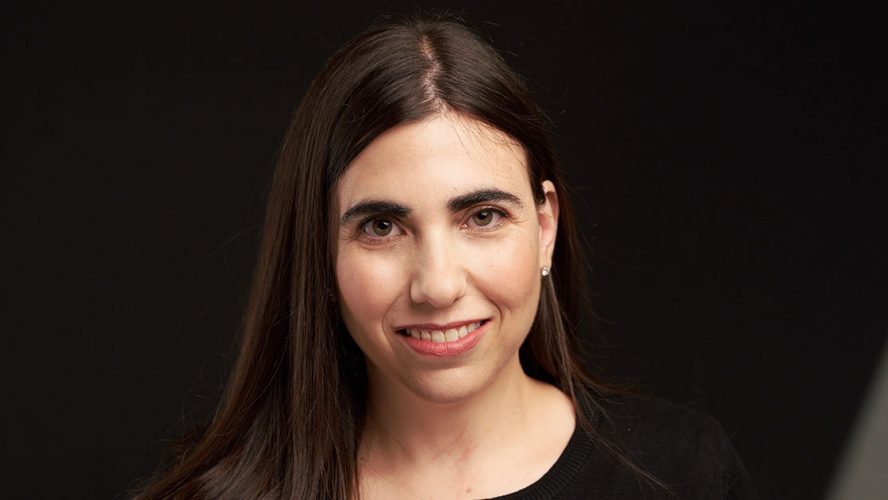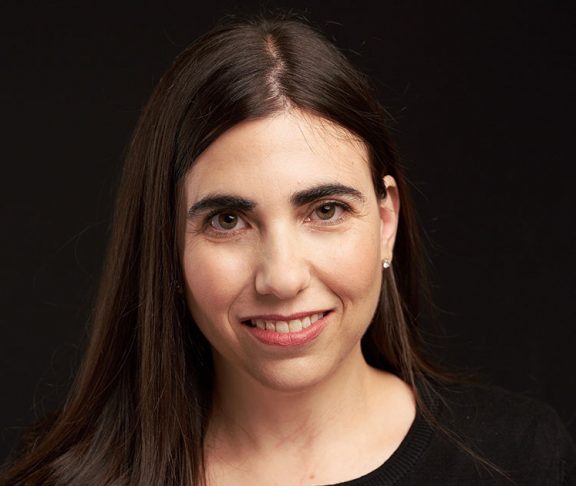It’s possible to be a leader in the tech industry, a mother, and a dedicated engineer. Elizabeth Douglas, CEO of wikiHow, tells us how she balances it all.
What qualities do you think make an effective CEO?
There really is a laundry list of effective CEO qualities: things like being visionary, the ability to take risks, or being an amazing communicator. These are all important, but for me, I think being an effective CEO really requires high emotional intelligence. This allows you to be empathetic, open-minded, and above all, able to authentically demonstrate true, unwavering care for your team in good times and in bad. For me, my team is the most important part of our business. It is their ideas and their hard work to implement those ideas that drives our mission forward.
How has your engineering background helped you succeed in this tech space?
I fell in love with programming my freshman year at Stanford, so I decided to pursue a major in computer science. After college, I worked as an engineer for four years at Apple, where I focused on user experience and engineering great products for customers. As I began to take on roles that married my love of building things with my love of leading people, I realized a unique value in my engineering background: It enabled me to understand what it takes to get things done in a way that people without engineering backgrounds tend to not as easily understand.
My engineering and product background have also helped me design and build tools to improve the internal operations of wikiHow. An example is an internal reservation and tracking system I envisioned that we use to manage the operations of our translation teams. With this tool, we were able to very easily expand wikiHow to 18 languages – 16 more than the average publisher. And it will help us add more in the future.
What unique challenges have you faced as a female business leader?
I’ve faced the same hurdles that almost any other person in a similar leadership role has faced. However, I’ve personally found networking to be a unique challenge for me in the tech world. There simply is not enough space carved out in the industry for women to connect – not only with each other, but with executives across the industry.
While I enjoy networking with everyone equally, I feel that there are some unique topics I want to discuss specifically with other female leaders – things like motherhood, the family-versus-work tradeoff, and the guilt that can come with those. I’m also not a natural networker or self-promoter, which works against me sometimes.
It can feel lonely and awkward to be the only woman in a room full of men. It is deeply important to me to inspire other girls to find their voices in these moments, and to persevere despite how hard it might feel to speak up. Because of this, I have made a huge effort to speak with women of all ages about leadership, work-life balance, and my own career path to the C-Suite.
Those in the C-Suite have an enormous amount of responsibility – how do you ensure you maintain a work-life balance?
I made the decision a long time ago that I wanted to work even though I had kids. I enjoy getting out of the house and working on important problems. I love wikiHow’s mission; it is very meaningful to me, and my kids know this. I also feel like I’m setting a really great example for my kids, especially as a woman leader who loves her job in an industry that doesn’t have that many women leaders.
In terms of balance, I am careful to make the most out of every minute that I have at work. I get calls done with my team while I drive to and from work. I try to be as efficient as possible, minimize my time in meetings, and work to make progress on my projects, even if I just have a few free minutes available. One of my mottos I live by is to “spend your hours, minutes, even seconds being productive.”
I also have a system that I use to decide whether to stay at work or attend an event for my kids during the work day. I ask myself how I will feel about the decision in a day, a week, and in a year. It often feels like work is the most important thing to address in the moment, but this question helps me get out of that mindset. This might sound morbid, but I believe that people facing the end of their lives generally do not regret having not worked more.
Ultimately, I have learned that work can usually wait, and this realization has helped me make room in my life to attend my children’s events. I don’t feel like I’m missing out even though I’m a working mom. I still work hard; I just have to be smart about how I spend my time. I believe this mindset has also made me a better leader, as I am empathetic to others in similar situations, and I encourage them to make the same decisions I do.

